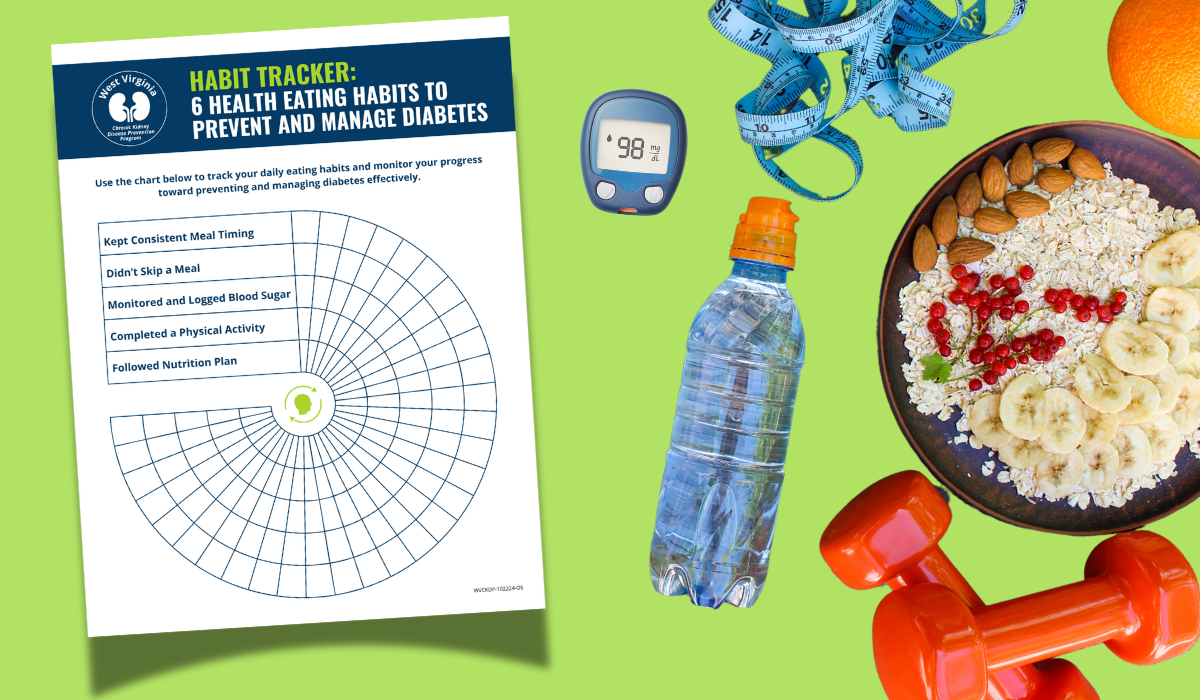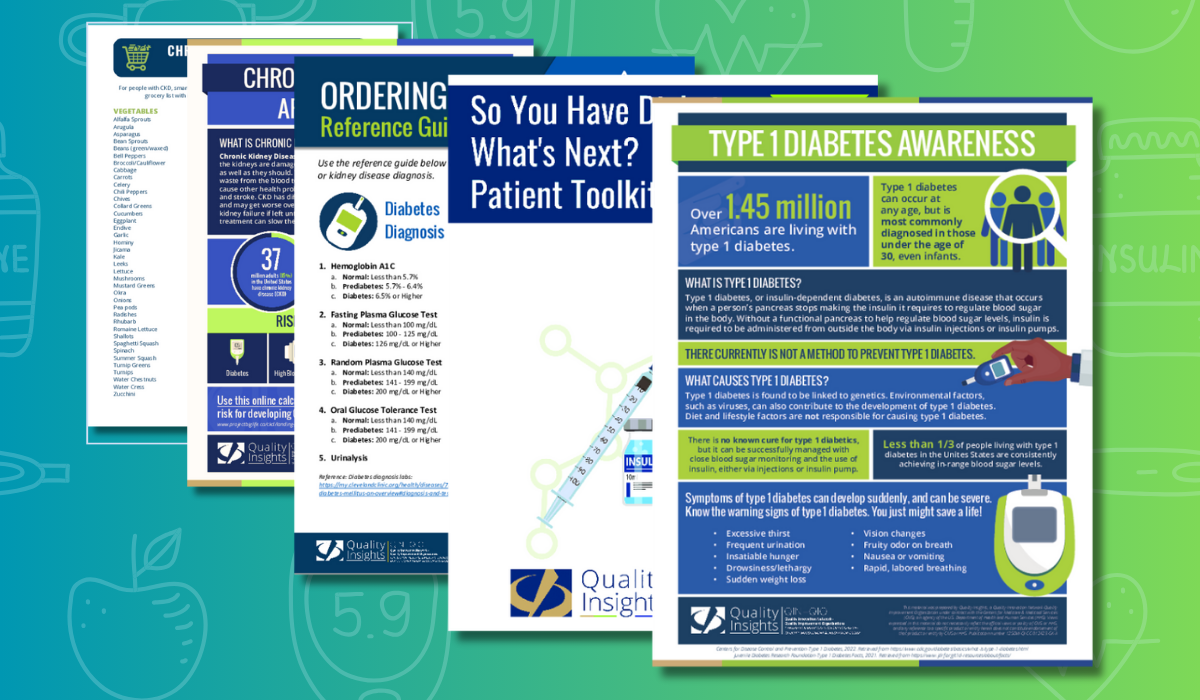Emergency Preparedness for Dialysis Facilities: Ensuring Patient Safety and Continuity of Care During Natural Disasters
Natural disasters can strike unexpectedly, and for dialysis facilities, being prepared is critical. Patients with end-stage renal disease (ESRD) rely...





